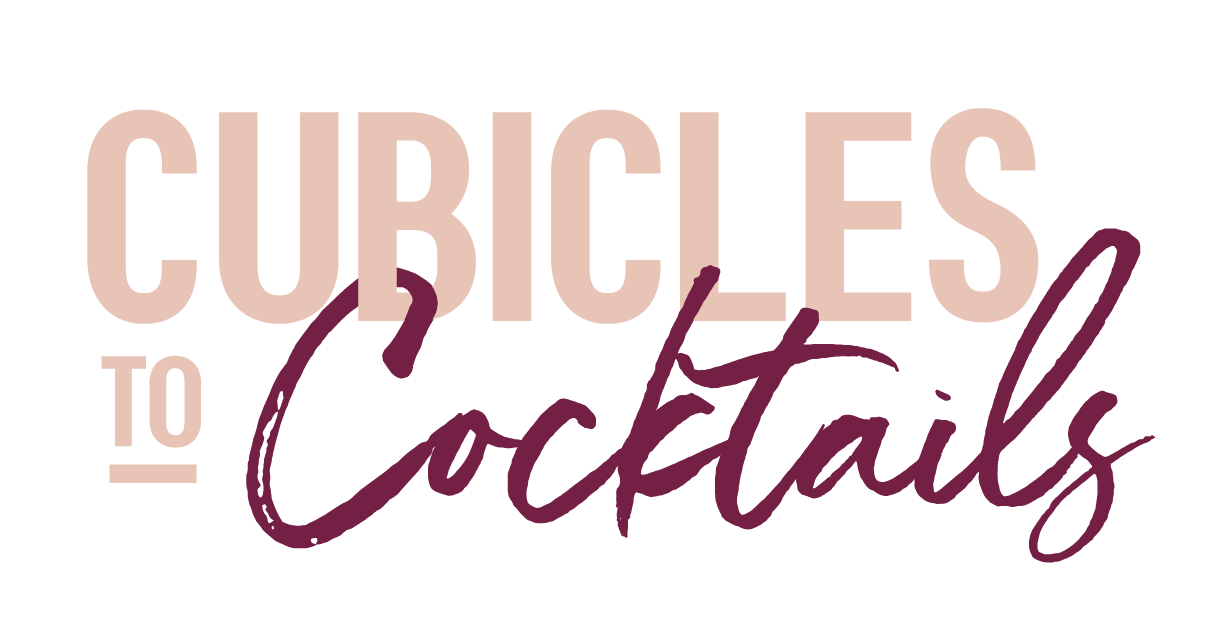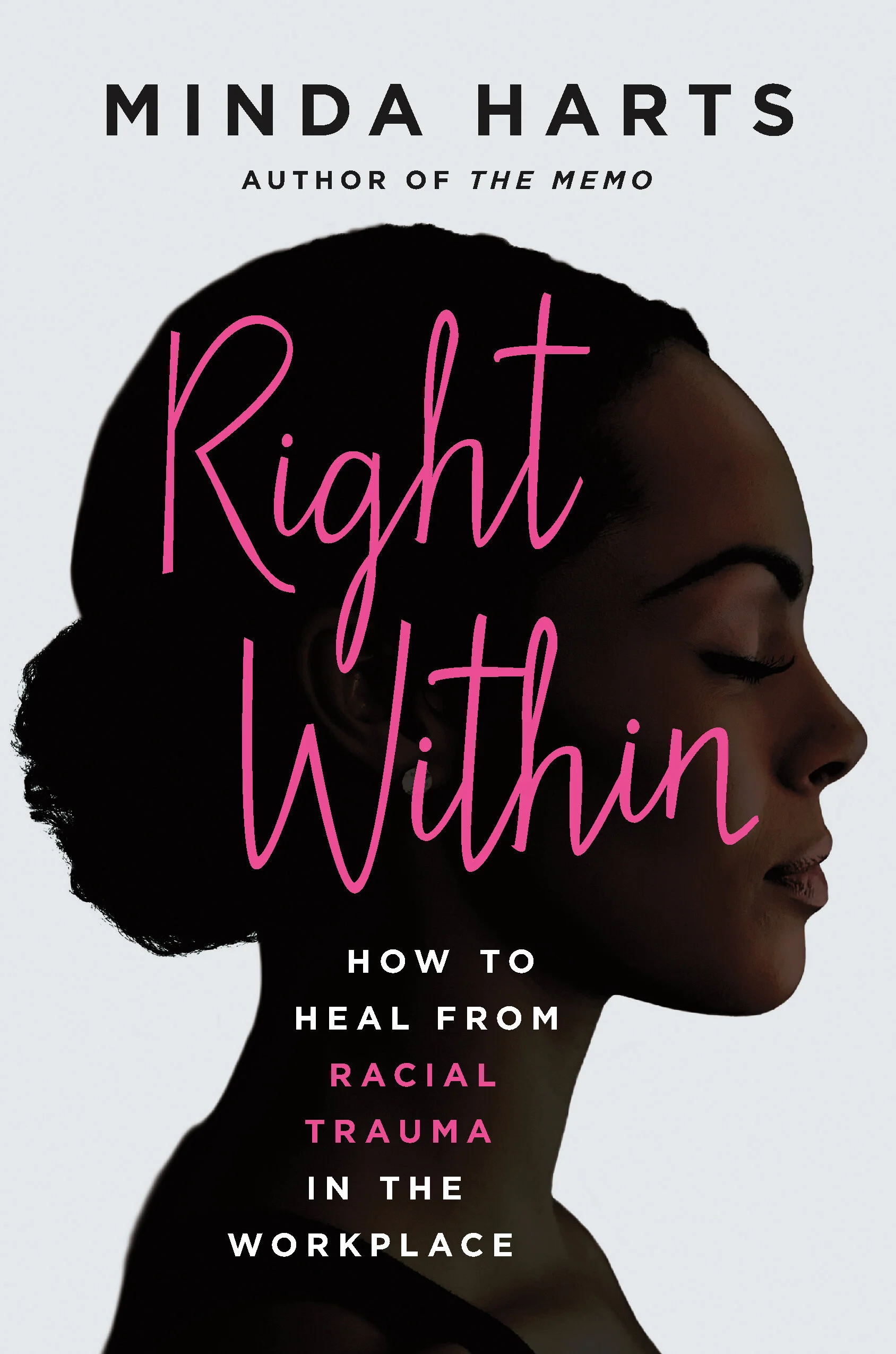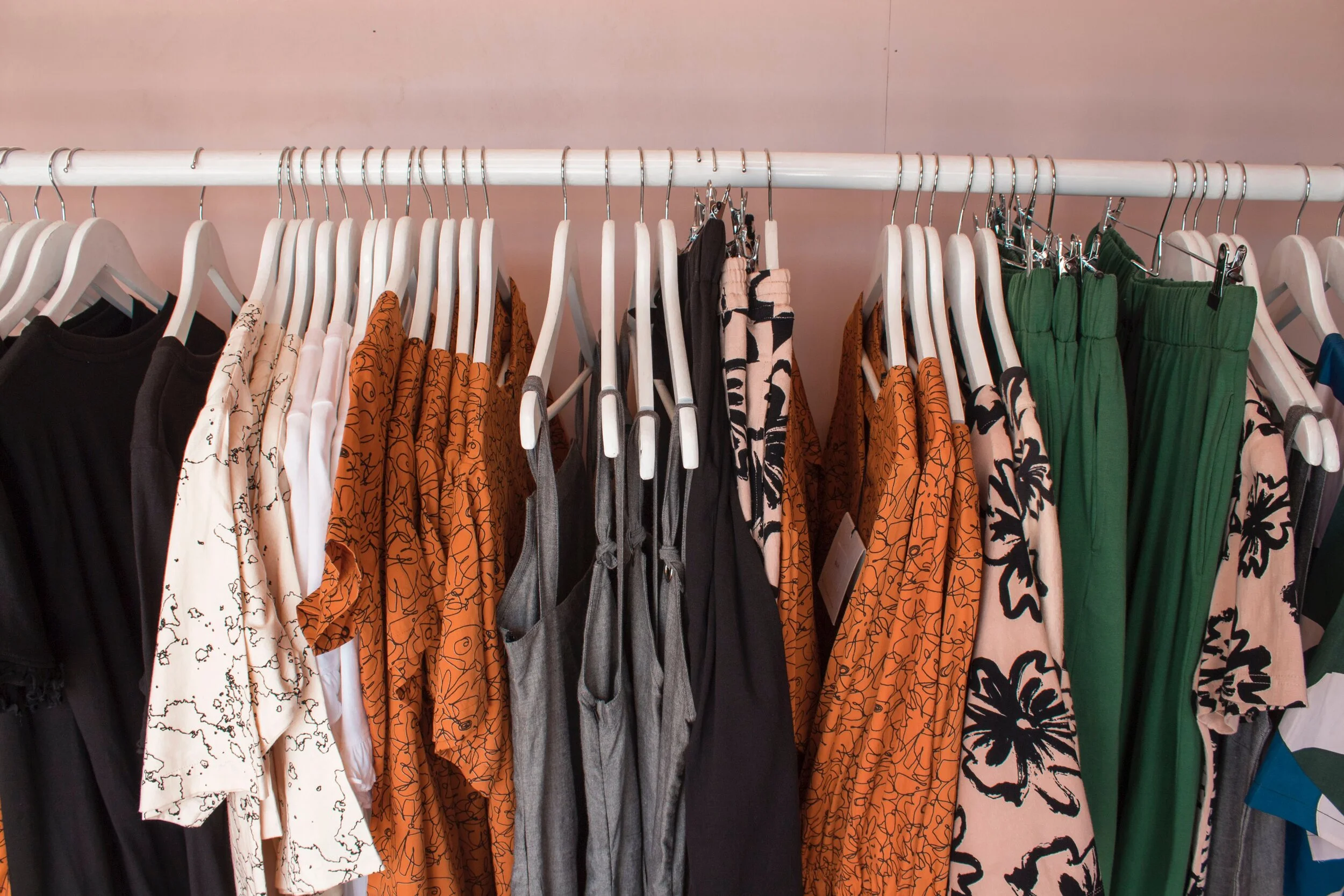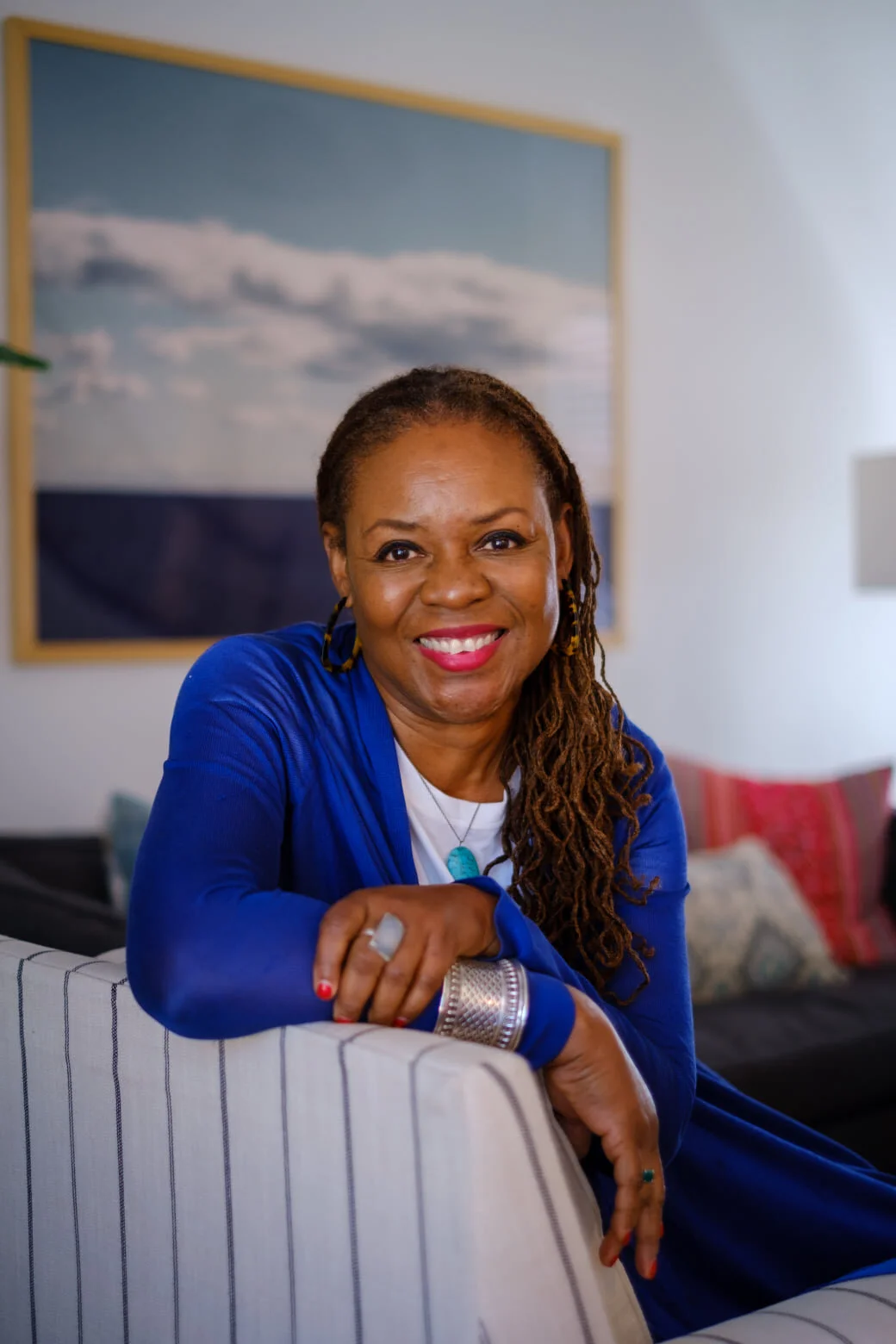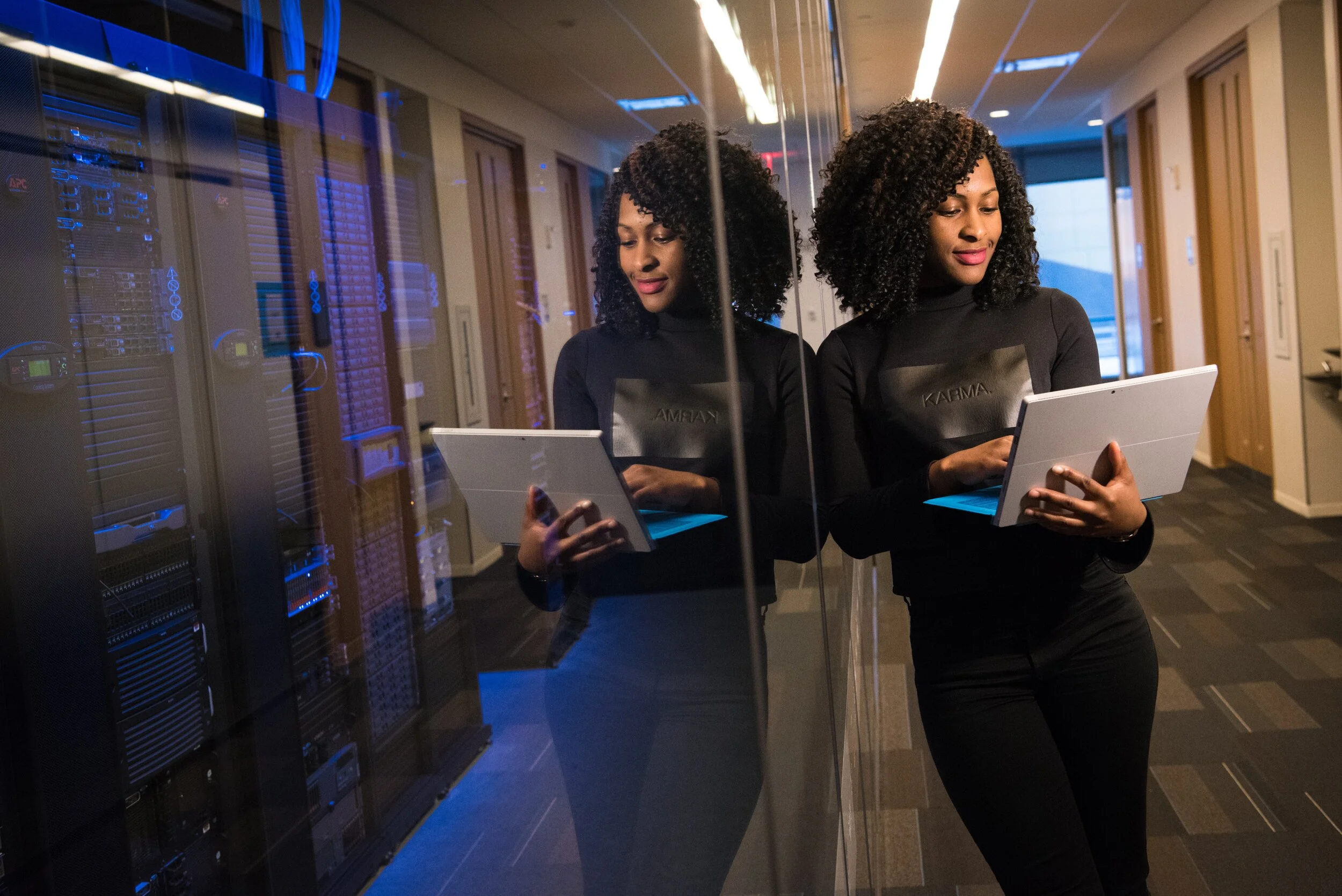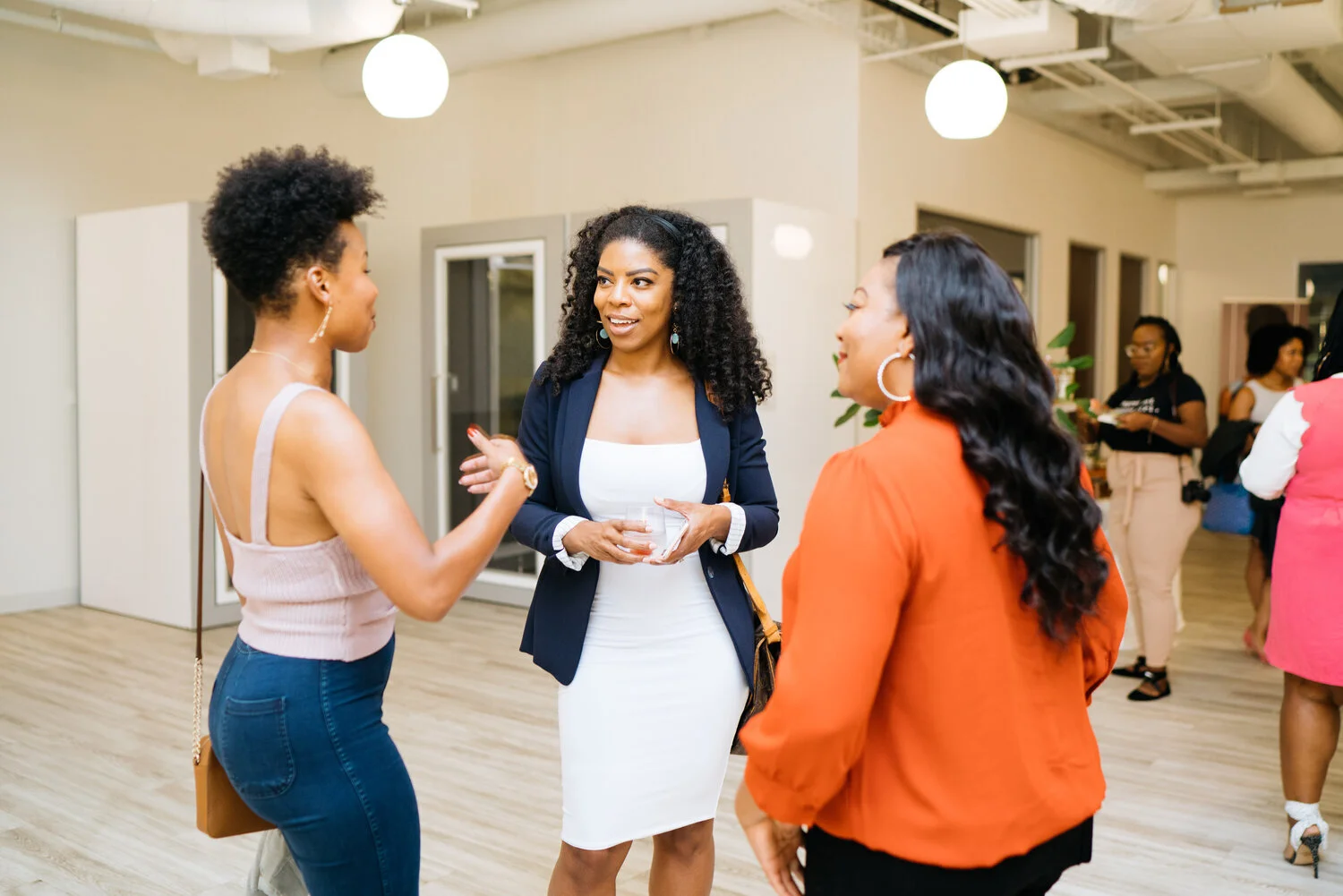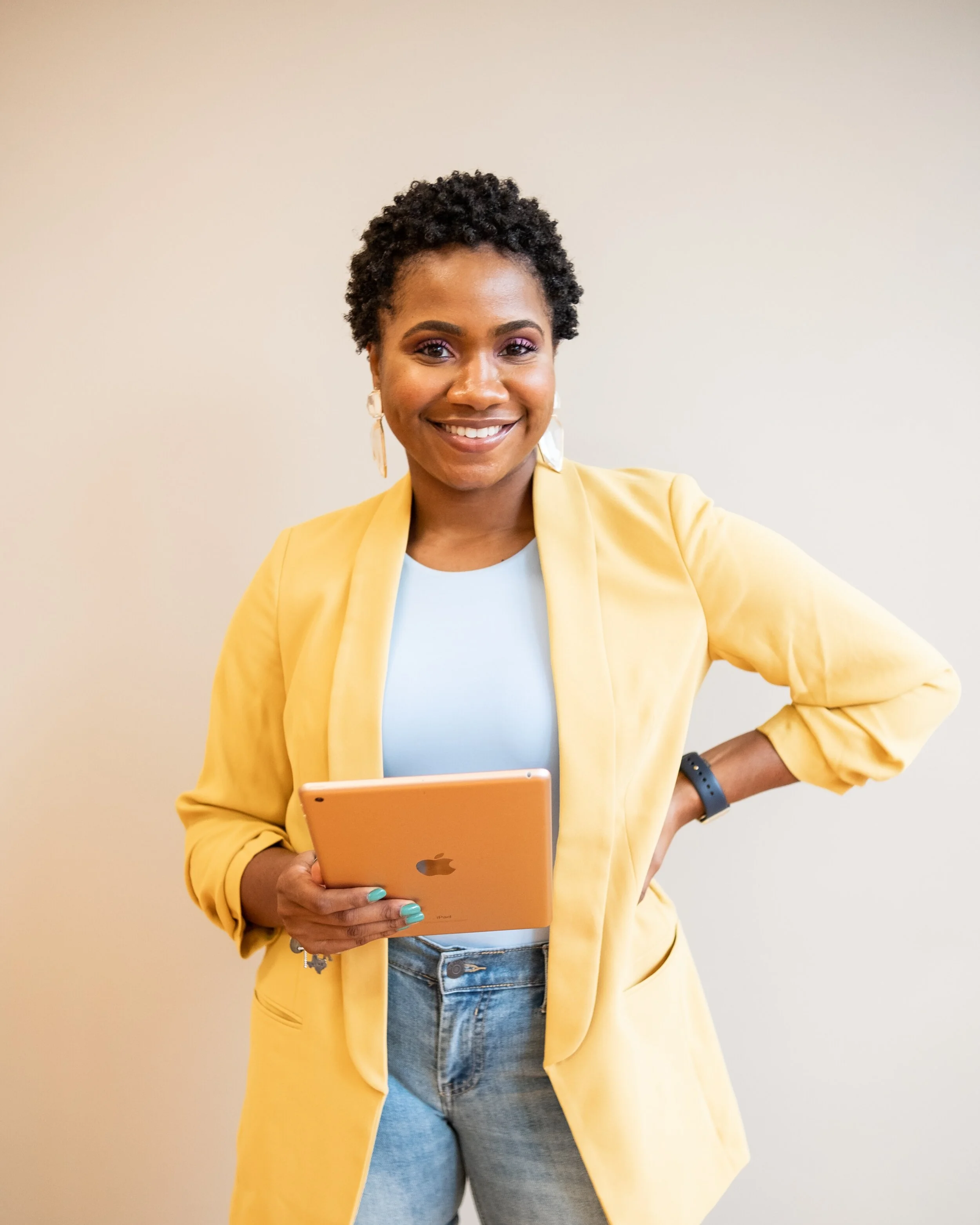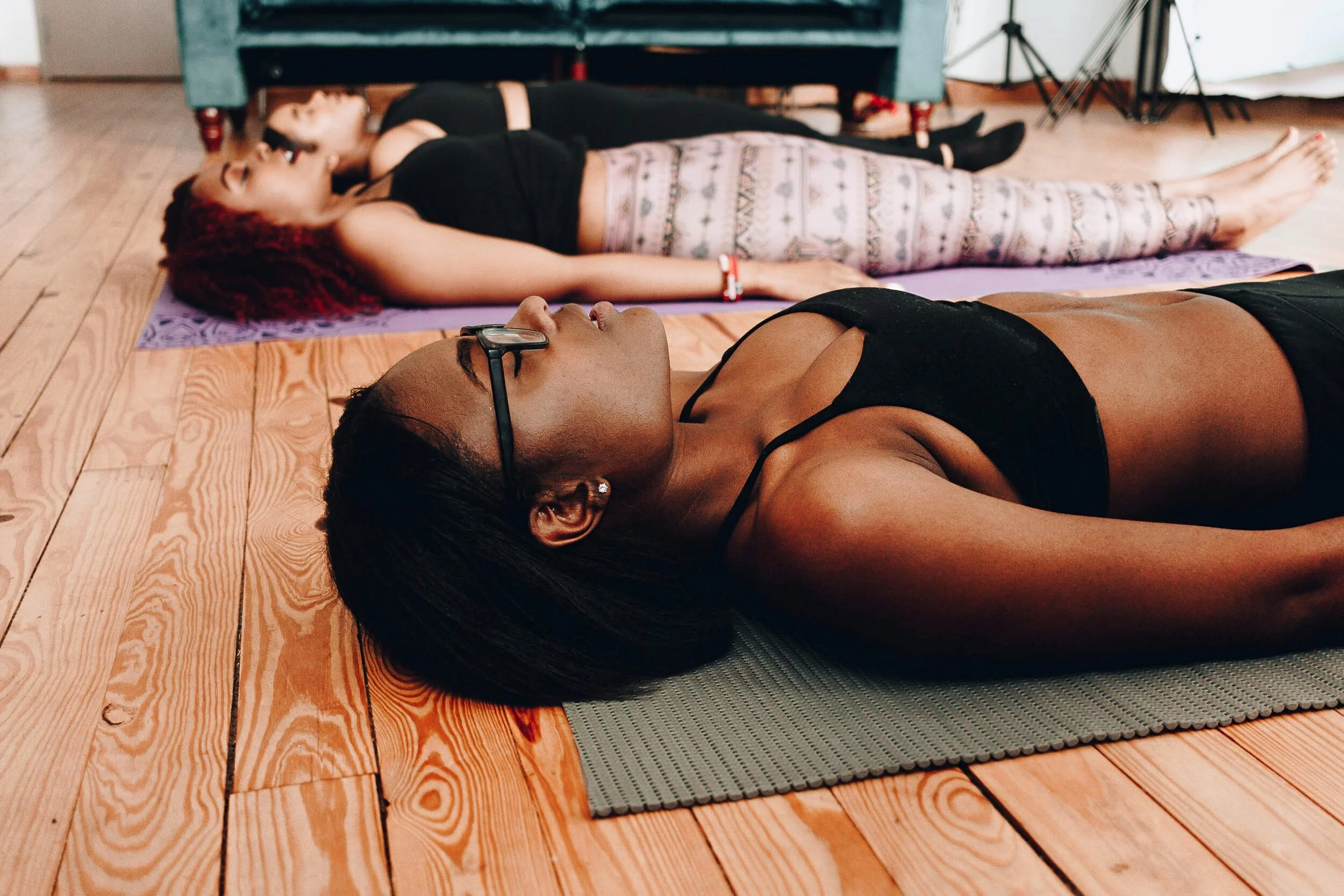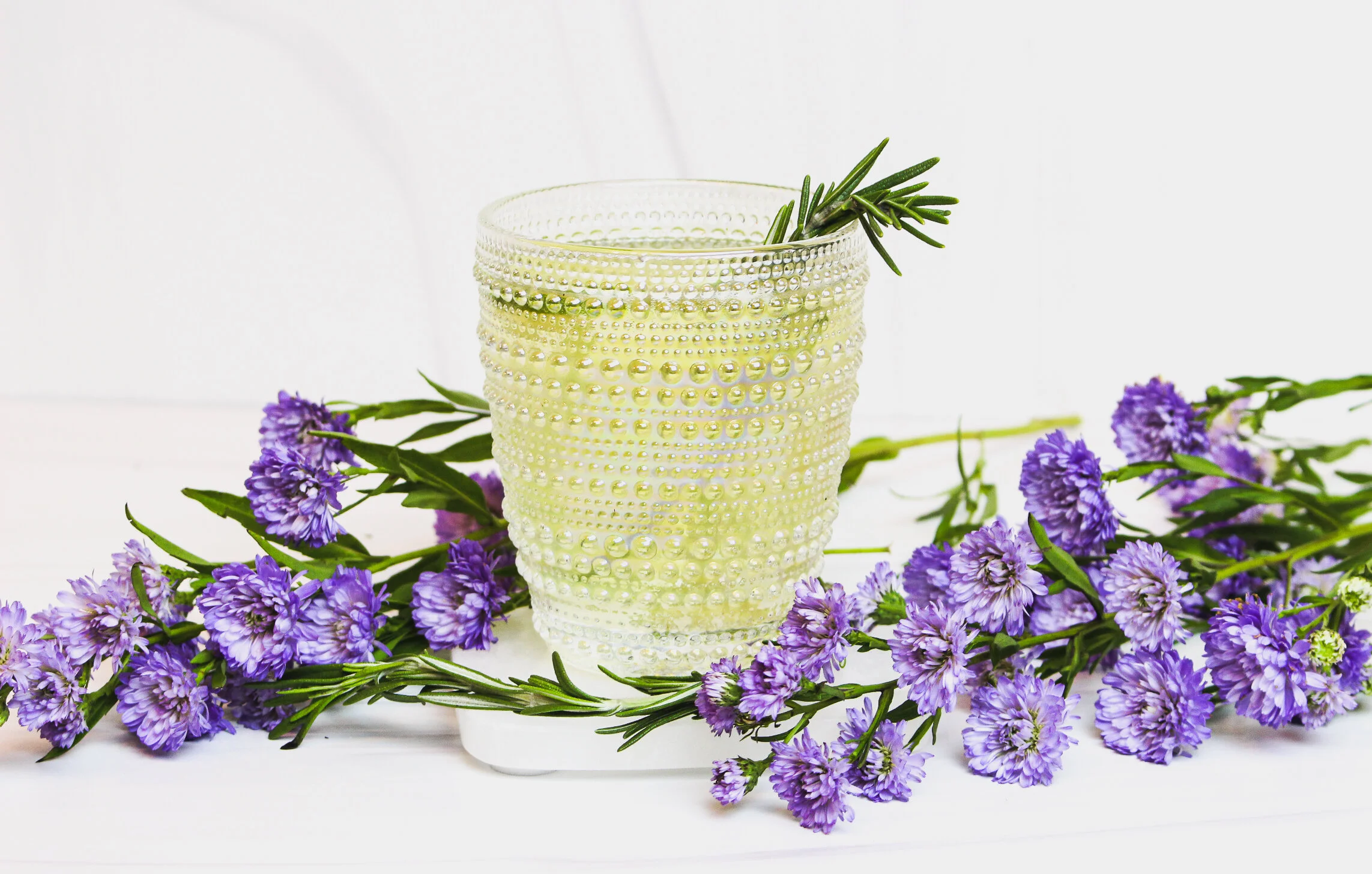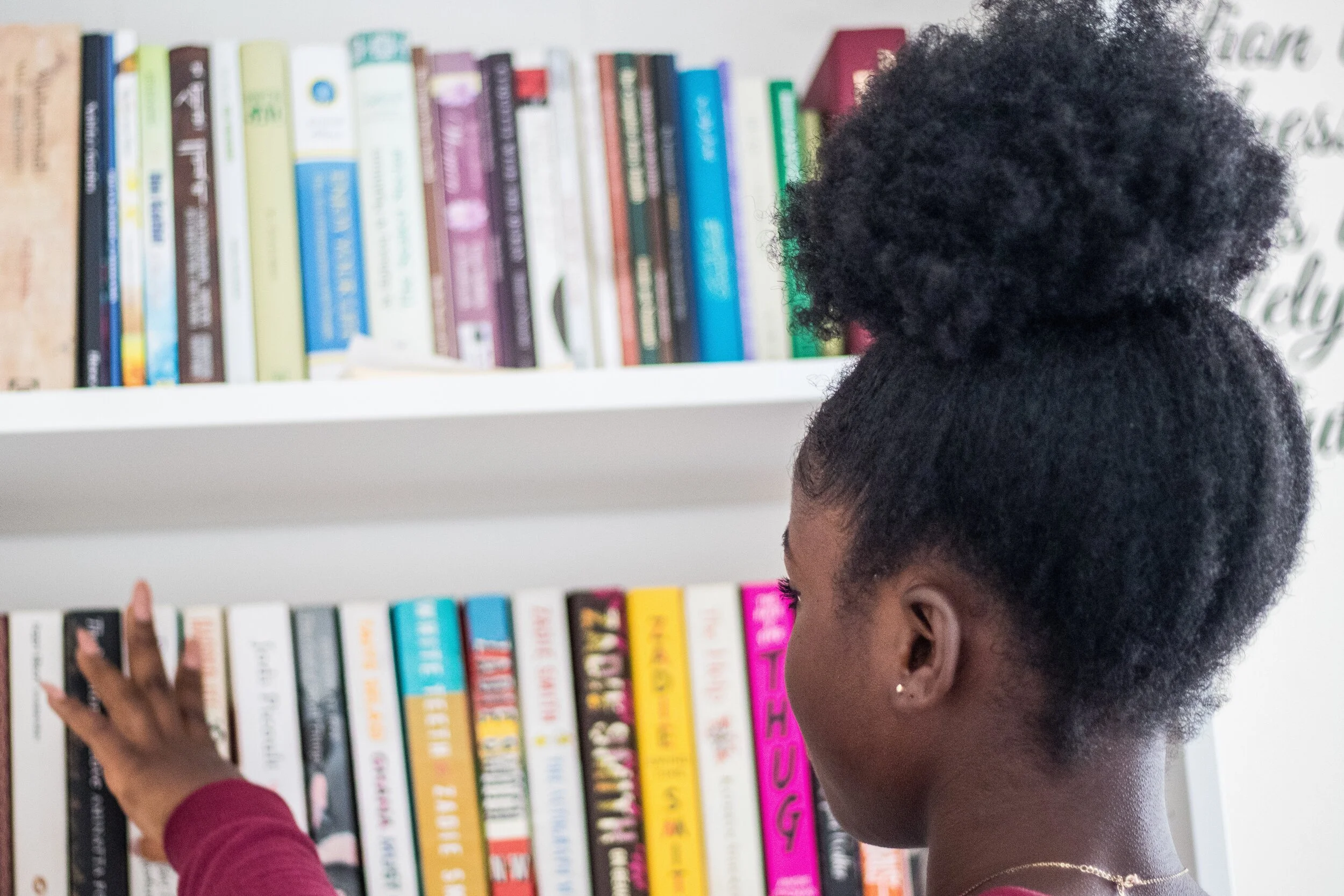Getting Right Within and Healing from Racial Workplace Trauma with Minda Harts
Photo Courtesy of Minda Harts
We stan for Minda Harts. She has had the courage to speak the truth on some of the ugly things we face as women of color from racism in the workplace to what contributes to low self-esteem. If you read her last book The Memo, she dropped gem after gem and offered us countless ways to boost our standing in the workplace and beyond.
She has a new book on the horizon called “Right Within” inspired by the prophetic lyrics of Ms. Lauryn Hill. Minda dropped some new gems for the readers of Cubicles to Cocktails and gave us a preview of what we should expect in her new best-seller. Get ready to add to cart! Her new book goes on sale in October.
What was the motivation for Right Within, what inspired you to write this new book?
My motivation for Right Within was for Black and Brown women to consider what it would be like to heal from all of the racialized experiences from our past and current workplaces. We deserve to experience being free of trauma that we should have never experienced in the first place.
Can you share an example of how you have been able to heal from invisible workplace burdens you once faced?
Healing is not a one-time event, in my opinion, healing for me is now part of my lifestyle. I am still healing from past racialized experiences, but I feel so much more authentic self by addressing the pain, which I think is the first step for many of us. Our invisible workplace scars hurt just as bad as the ones you can visibility see. In order to begin the healing process, we have to have the courage to name the pain of racism.
Why is it so hard for women of color to speak up about micro-aggressions and how can we even begin to address them when they are so subtle most of the time? And what are the most common micro-aggressions we face?
One red flag in a toxic environment is when psychological safety is nowhere to be found. Meaning, people don't feel comfortable speaking up. Often, for women of color, our voices are silenced. And our racialized accounts are dismissed. If you see that taking place along with gas lighting, those are some key indicators that this might not be the workplace you can thrive in.
Can you share with us what type of traumas women of color face in today's workplace?
The trauma of racism. In the workplace, we often talk about sexual harassment and other forms of discrimination, but it isn't until recently that we can talk about racism in the workplace out loud. The trauma of code-switching, the trauma of being the "only" one---- it's an emotional tax other women will never have to experience.
What can corporate America do to help women of color in the workplace to avoid these traumatic events?
I believe managers have a huge responsibility to make the workplace work for everyone. A manager should be diffusing harm, and creating a safe work environment for everyone, not just some. There has to be accountability within the HR departments too, that they can't just look out for the company, but the talent as well. Trust has to be rebuilt inside the workplace, corporate America has failed many women of color, from the wage gap to the leadership gap to the boardroom.
In your previous book The Memo you provided insights into how corporate spaces present varying experiences for women of color than they do for white people. What did you learn about those differing experiences when you wrote this new book?
I think the most important thing that still stands out to me is the lack of sponsorship for women of color. White women have a closer proximity to privilege and are represented at the highest levels more than women of color. I would like to see more sponsorship taking place for women of color by white women. They have a role to play in the advancement of women of color as well.
What kind of insights and stories can we expect with this release of Right Within?
I jump in the deep end of the pool. I share stories from my past and the experiences of other Black and Brown women. Healing can be painful, it can be messy, but it's always worth it. I bring pop culture and song lyrics in with my conversational approach to hard conversations.
Last year was a year many said we began to see true racial reckoning. How do you think this awareness has affected women of color in the workplace and how do you think it might change the future of the workplace?
I think it has helped us find and use our voices in ways we might not have felt comfortable doing before. I hope we never stop using our voices and holding our workplaces accountable for equity.
How can white women and men be allies for women of color and help them heal from workplace trauma? What role do they play?
I would like to see white men and women activate their allyship. It's not enough to call yourself one if you never demonstrate it in action. They have a huge role to play, our success is not a solo sport. We need all hands-on deck to fix a broken system.
What are your favorite self-care practices?
Self-advocacy for me is part of my self-care. Establishing boundaries is part of self-care. We should never be afraid to let our colleagues know what good looks like to us and how to engage with us. Self-care is truly revolutionary. We all have a voice, we just have to decide how we want to use it, and that is part of our healing.
In your last book, The Memo you referenced a lot of quotes from popular songs, you referenced Beyoncé, Jay-Z etc. Can we expect some hits in the new book? Any songs come to mind when it comes to being "right within"?
Yes, tons! And the title came from Lauryn Hill's Doo Wop, How you gonna win if you ain't right within. It's profound when you think about it. Music has always been part of my healing and that is why I bring it to my work.
How does your own personal healing continue to work these days now that you have left corporate America?
I rely heavily on various healers. Church, therapy, working out, and music-they have all been part of my healing toolkit.
For our readers who are currently stuck in a toxic work environment right now, what would your advice be for them to get through these times?
Definitely purchase Right Within. I address what steps to take to heal why you might feel like you are working in hell. You deserve a healthy work environment. Sometimes we just need to be reminded of that.
What does being "right within" mean to you?
Being free. Many of our ancestors never truly experienced freedom, we get a chance to choose to heal so that we don't pass that generational trauma down to the next generation. Healing is for us and it also helps others too.
After gathering insight from coaches, faith leaders and others for this book, how can women of color summon hidden reserves of strength and courage?
First, we have to know that we deserve to heal from our racialized pain. As Toni Morrison said, You are your best thing, and in order to be that, we have to be free. And healing requires tools to heal. I hope after people read Right Within, they have some tools for maintenance they can rely on.
Right Within: How to Heal from Racial Trauma in the Workplace
The essential self-help book for women of color to heal—and thrive—in the workplace.
In workplaces nationwide, women of color need frank talk and honest advice on how to deal with microaggressions, heal from racialized trauma, and find relief from invisible workplace burdens.
